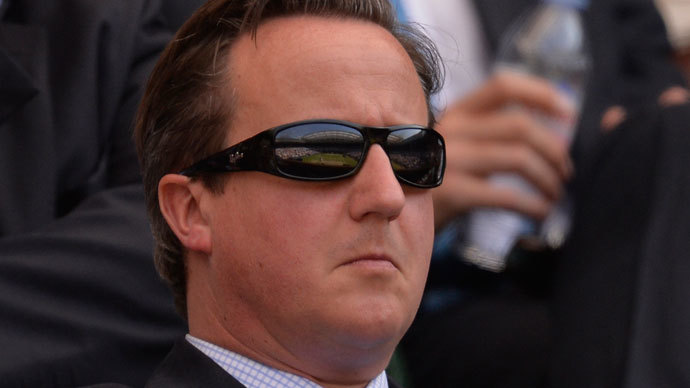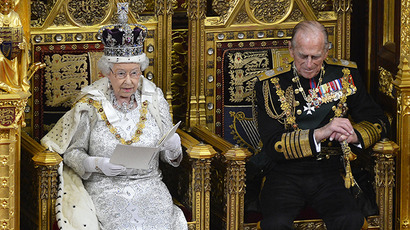Block and a hard place: UK’s online porn filter raises more issues than it solves

UK Prime Minister David Cameron has expanded on his recent set of guidelines for an internet filer that would block pornographic content by default. This has aroused further controversy, as other content may now also face the filter.
Internet service providers from the Open Rights Group have
confirmed the news, following Cameron’s Monday revelation that by
the end of 2013, broadband subscribers will have to make do with
a compulsory system installed everywhere to monitor various
content the government deems harmful.
These include social media, gambling and pornography as well as
other adult-orientated sites.
The argument was that the nation’s children will be prevented
from accessing pornography, once parents start ticking and
un-ticking the various options available to them – with the block
set by default. According to the PM, this will prevent children’s
exposure to “corroding influences” on the net.
Customers wishing to access legal pornographic material will have
to contact their providers in order to have the filter removed.
The move has led to several criticisms being leveled at Cameron
by censorship opponents, such as that the system may not work, or
lead to over-blocking; also that it may be circumvented and,
finally that no one knows the extent to which privacy would be
affected.
But this all may be just the tip of the iceberg, as more worrying
facts about the program have started to surface in the course of
Friday.
Activists from the Open Rights Group have been talking to a
number of ISPs expected to become the first to introduce
Cameron’s new system. It turned out that the list of resources
blocked by default will include far more than just pornography.
Recently, the British PM chose to commend a similar online
blocking system already in place, HomeSafe, which is currently
the leader in the field and covers several categories of
websites.
The problem is that these categories don’t make clear just how
sweeping the changes would be once a user ticks or un-ticks a
category, allowing the program to omit a whole host of resources
during the initial stages of setting it up.
An interesting aspect about HomeSafe is that the company that
created it, TalkTalk, is actually run by Huawei – a Chinese
company belonging to a former officer of the Chine People’s
Liberation Army. This is something the UK government knows, as
was evident from an Intelligence and Security Committee (ISC)
report from last month. It said that the “alleged links
between Huawei and the Chinese State” are a cause for concern
and could “generate suspicion as to whether Huawei’s
intentions are strictly commercial or are more political.”
Whether the connection is as direct as the government believes,
what is troubling people about TalkTalk is that even when its
filter is turned off, its online traffic still passes through
Huawei.
UK providers will actually be free to pick any filtering system
of their choosing, but some take issue with the fact that Huawei
is still not off the list. The only consolation is that users
could still be able to set up a Virtual Private Network (VPN).
However, the Open Rights Group believes that there is a big
chance this option may also be canceled.














